Boating on Lake Ziway is adventurous for more than one reason. First, any boat ride on the lake usually involves making the long journey from the town of Ziway all the way across to the twin cinder cone peaks of Tulu Gudo Island near the opposite shore of one of the largest lakes in Ethiopia, a journey of about 30km round trip in a relatively small boat. It is also common to encounter one of the most dangerous animals in Africa, the hippopotamus, which is said to kill more people than the crocodile. On the way back in the evening, the Rift Valley winds (which sometimes kick up dust storms) arise, making the water a bit choppy and exciting.
Part of the thrill of boating on Lake Ziway is also the remoteness. One may feel quite alone, as it is rare to see any other outsiders during the whole trip, unlike on Lake T’ana or Hawassa, for example.Ziway is a routine stop for birders, who normally bird watch from the shore, but it also holds an important place in Ethiopian history.
It was here on the windswept shores of Lake Ziway that priests sought refuge for the Ark of the Covenant, which they had brought about 1,100km south from Axum, when the city was being commandeered by the revolting Ethiopian Jewish Queen Yodit Gudit. The priests built a traditional Ethiopian church on a towering ledge of Ziway’s volcanic cinder cone island of Tulu Gudo to house it, and the ruins of this church, as well as a few other buildings, can still be seen here today.
There is also an active orthodox church on the island with a corresponding museum that houses a one meter-wide book, weighing 30kg that is possibly the oldest book ever found in Ethiopia. The population of the island has declined from a peak of about 5,000 to 1,000, but there is still an active government school for young children there, so visiting this community of the Zay people (pronounced Zai) and seeing their way of life is interesting, too. There are four other islands each with an Ethiopian Orthodox church and one other really small island, known as Bird Island. The island of Gelila is the only other inhabited island. Except for the church on Tulu Gudo, these island churches remain closed during the week except for holidays.

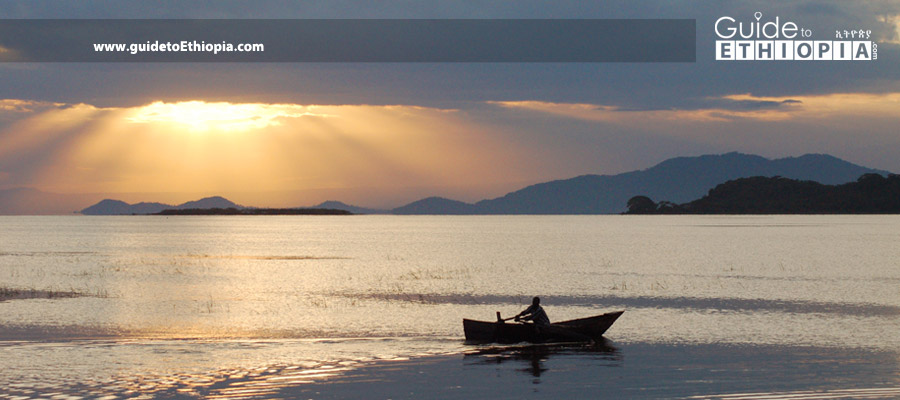
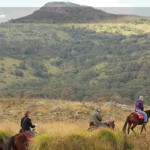
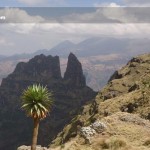
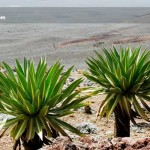
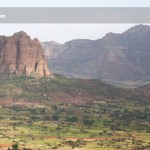
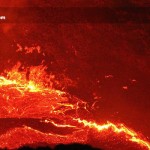

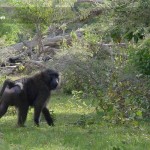
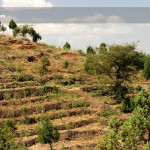
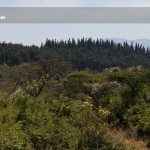
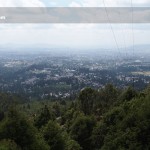
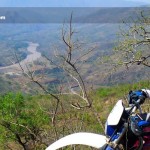

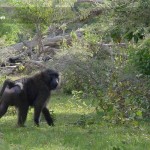
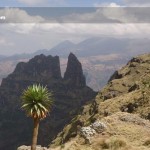

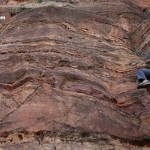
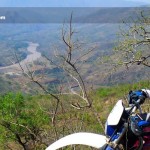

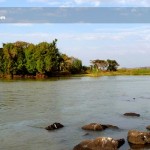
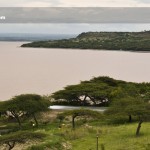
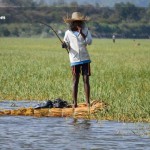
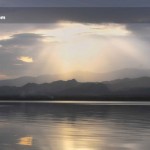
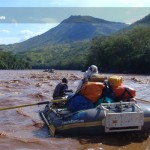
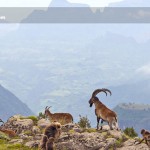


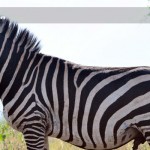
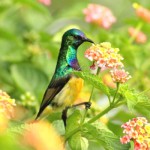
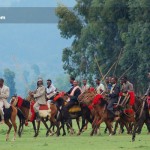
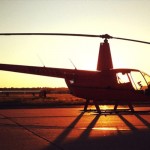
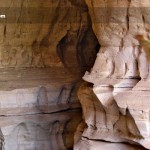
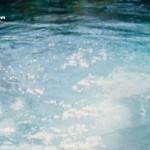
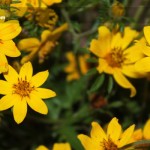
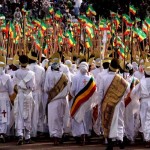
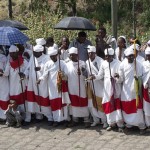
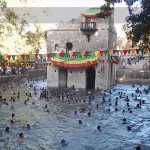
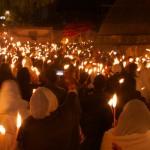
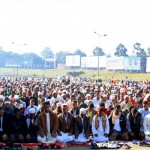

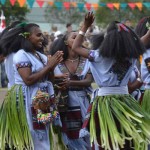
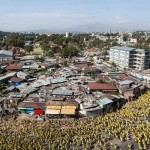
Recent Comments